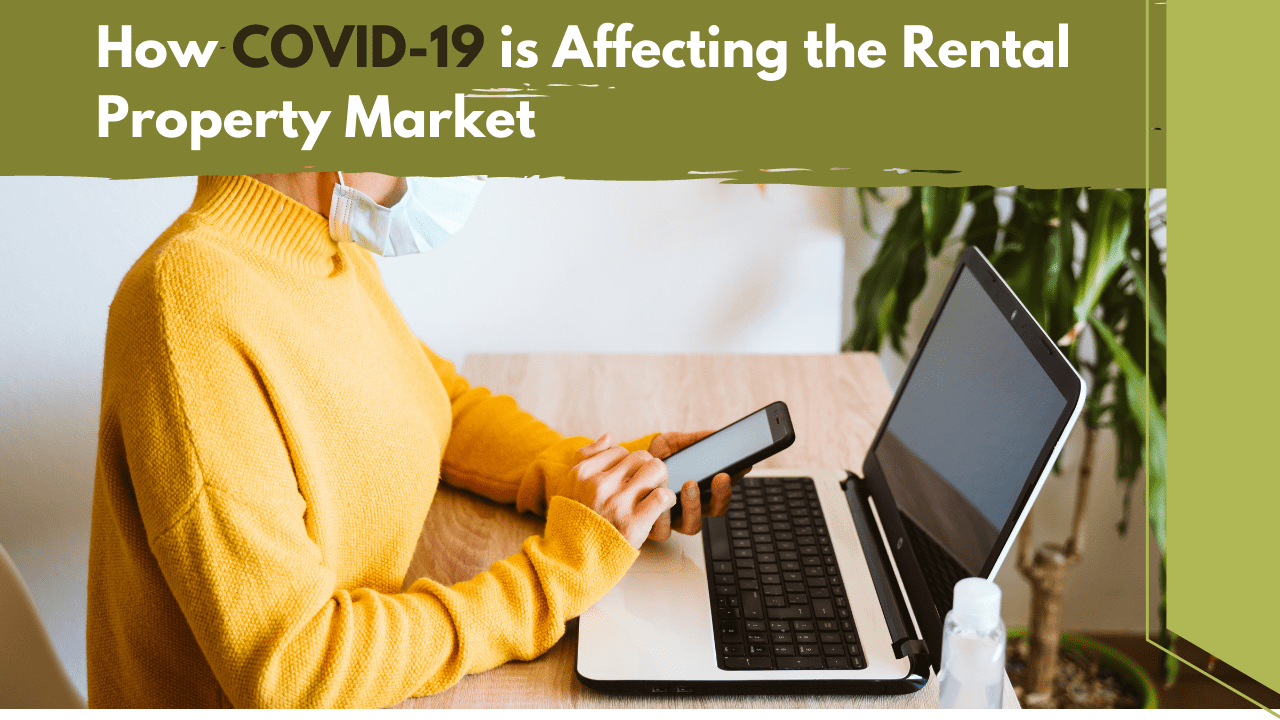We know that COVID-19 has had a devastating impact on a lot of communities and local economies across the nation, and we hope things are turning around. In the
Boca Raton rental property market, we have remained fairly strong throughout even the worst months of the pandemic. Florida experienced fewer restrictions than a lot of states, and the real estate market has performed incredibly well over the last year.
Rental Prices in Boca Raton
Demand for high quality rental housing is strong in Boca Raton and throughout south Florida. New residents are arriving in Florida pretty regularly, and that’s creating a need for well-maintained homes in good neighborhoods. While rental prices have not jumped too high, they have been stable. One-bedroom apartments start at around $1,500 a month, and the average rent is over $2,000 in Boca Raton.
We haven’t had as many delinquencies as other markets during the pandemic. With eviction moratoriums causing problems for landlords who can’t collect rent, the Boca Raton rental market has not been terribly affected. Many of the tenants in our market remain financially stable. There are a high number of retirees and employees who can work from home without seeing their income or their employment status change.
Balancing Long Term Rentals with Short Term Vacation Rentals
Another benefit to the Boca Raton rental market is that short-term rentals are just as in demand as long-term rentals. This isn’t something that many other rental markets can rely on. We typically have a lot of northerners spend the winter in Boca Raton, which drives
vacancy numbers and increases rents during the busiest months.
The pandemic did not change that. If anything, the number of people looking to spend time in Florida increased throughout 2020 and into 2021. Both long term and short term rental housing is short in supply and high in demand. This creates an excellent market for rental property owners.
Rental Property Owners Have Adapted
Landlords and property managers throughout Boca Raton have done an excellent job adapting to the new normal of this pandemic. Self-showing technology is allowing prospective tenants to see a home on their own, without anyone else present. Our online and digital capabilities have allowed us to market and lease homes without in-person contact. We’re using video tours and inspections whenever possible. Keeping tenants and properties safe has been our main priority throughout COVID-19.
Boca Raton Property Management














